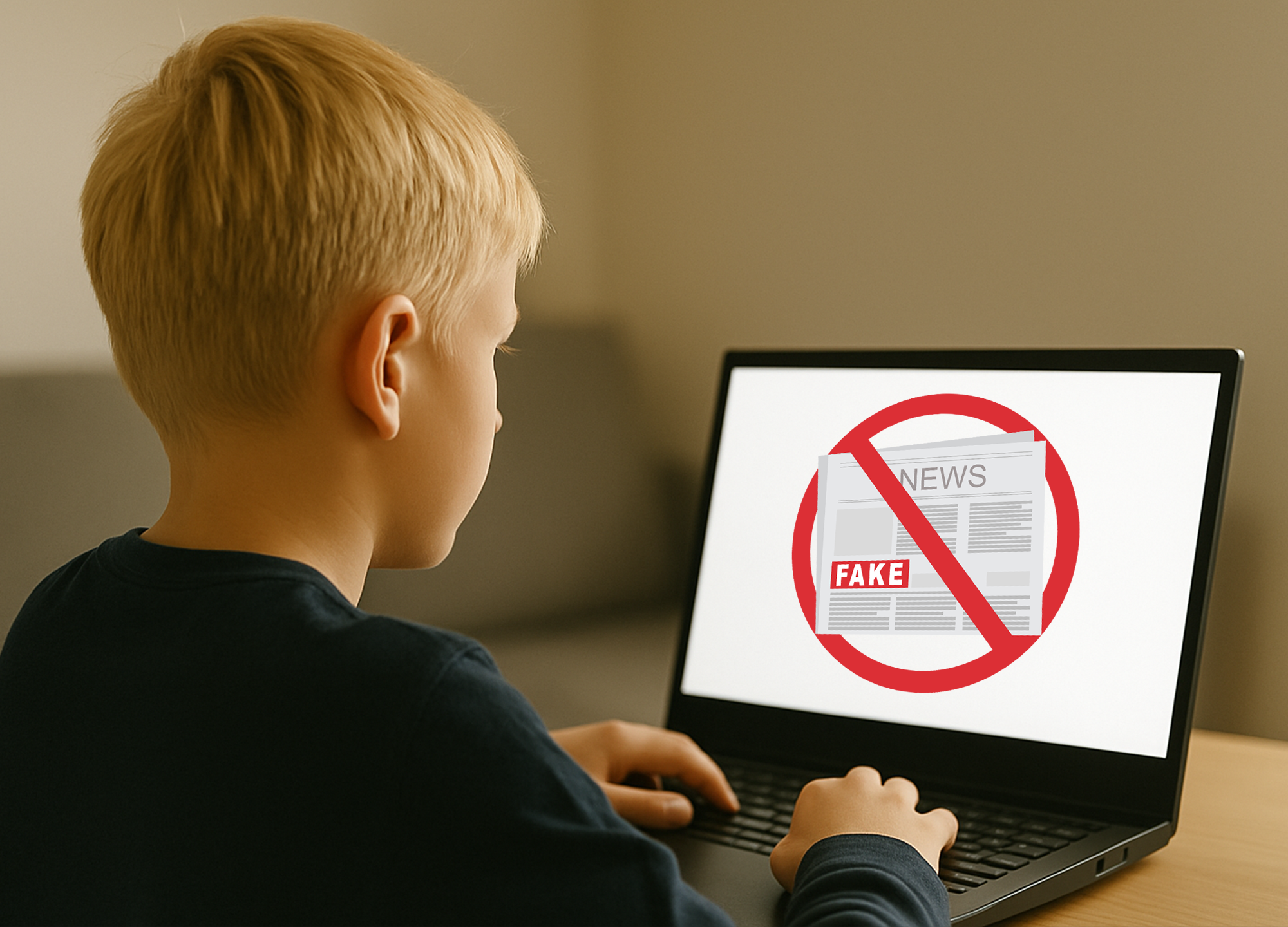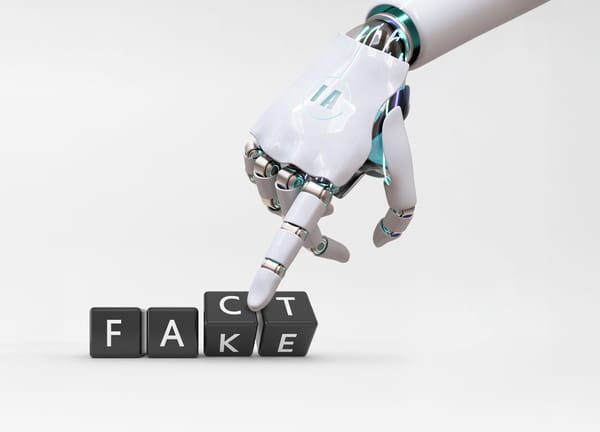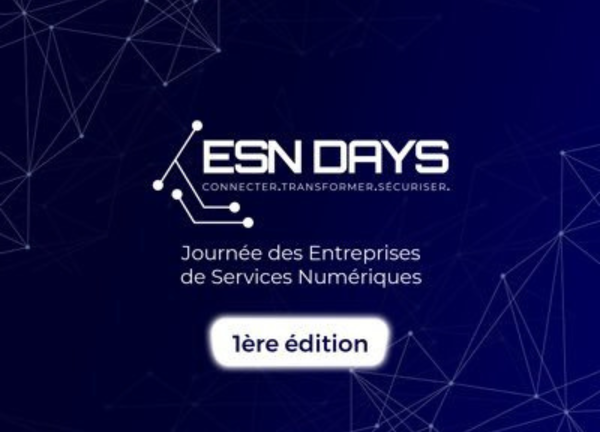By Kosisochakwu Charity Ani
At a time when the true of the false is becoming a titanic task in the face of the proliferation of online disinformation, Finland stands out as a world leader in the fight against fake news, thanks to full education in media literacy. By integrating the critical thinking and the skills to verify facts in its national program, the country gives its citizens - from an early age - the means of identifying credible information and distinguishing the facts of fiction or disinformation.
A Finnish approach to media education
According to the Open Society Institute, Finland regularly appears at the top of the media literacy index, which assesses resistance to false information by taking into account press freedom, education and confidence in institutions, since the first edition in 2017. However, Finland's commitment against disinformation is not new. The country has a clear desire to strengthen media literacy through its educational policies and practices. In 2013, he implemented a national media education , revised in 2019, which ensures the integration of this theme at all school levels.
The objective is to make media literacy an essential citizen competence, allowing individuals to critically analyze media content, to demystify hoaxes, to combat mesinformation and disinformation, while encouraging them to produce their own content. From early childhood, Finnish students learn to approach the media with hindsight. In primary school, they analyze advertisements and discover the mechanisms of media influence. In college and high school, they deepen the analysis of information sources, identify propaganda and reflect on the ethical implications of media production.
Teachers play a central role in the success of this system. In Finland, they must have a master's degree and have great freedom to design courses integrating media literacy to various disciplines, ranging from mathematics to the arts. Far from wanting to restrict freedom of expression, these initiatives aim to strengthen it, by providing students with the tools necessary to discern false speeches. Acquiring early on critical thinking skills also influences their ability to make enlightened decisions later in life. Fatouma Harber Short 3
Face disinformation in Finnish society
Despite these efforts, Finland is not spared by disinformation campaigns. In recent years, it has been faced with the dissemination of online extremist content. In 2024, a Finnish neo-Nazi known under the pseudonym "Mr AG" shared a criminal fire manual on a Telegram group named Southport Wake Up , bringing together more than 14,000 members. He encouraged violence and relayed false information. This activist, whose real name is Charles-Emmanuel Mikko Rasanen, praises Hitler and promotes Nordic Resistance Movement , a prohibited neo-Nazi group and considered as a terrorist organization in the United States. Between the end of July and early August, this group helped to trigger and fuel violent demonstrations in England and Northern Ireland.
Finland also shares a border of 1,300 kilometers with Russia, making it a front line in a context of increasing geopolitical tensions and informational war. The Finnish Ministry of Foreign Affairs reports that after the invasion of Ukraine in 2022, Russia launched an operation called "Doppelganger", consisting in cloning media and public services sites to manipulate public opinion. Before Finland's membership in NATO in 2023, a wave of disinformation, suspected of Russian origin, swept through the country. More than 700 sites of this type have been created across Europe, broadcasting tens of thousands of false articles.
To counter these attacks, the Finnish agency for the security of the supply (National Emergency Supply Agency) favors an approach focused on the reliability of the accounts disseminating content, rather than on the veracity of the information themselves. According to her, disinformation often circulates via fraudulent accounts, including automated profiles - or "bots" - designed to amplify misleading accounts. Finland uses an algorithm to detect these suspicious behaviors. Once identified, the accounts are reported publicly, and the authorities require their abolition to the platforms concerned. The agency considers this system as a key tool to protect the national information space in the face of foreign interference, especially Russian.
The positive effects of education and information are tangible among young people. During workshops organized at the Helsinki media museum, students were faced with images generated by artificial intelligence representing false events. Thanks to their training, they were able to spot inconsistencies and identify images as fake. Students are also invited to produce their own media content, which makes them more aware of creation mechanisms and the importance of ethics in communication.
To further strengthen this struggle, Finland is based on structures like Faktabaari , a service to verify the facts that collaborates with schools and the media to promote reliable information. The organization has developed literacy kits for voters and conducted studies showing the biases of algorithms on social networks, stressing the importance of continuous vigilance.
A global -scale model
The Finnish model inspires other countries facing the rise of fake news. By making media literacy an essential citizen competence, Finland shows that a critical education for information is a powerful bulwark against disinformation. Countries like Taiwan have already introduced this approach into their schools. Others, such as Australia and the United States, currently debate in the way of adopting similar strategies to strengthen societal resilience.
One of the major challenges, however, remains to adapt this approach to rapid digital developments, especially for elderly populations, who have often never learned to identify false online information.
Finland’s global approach to media literacy education highlights the importance of providing citizens with the skills necessary to evolve in an increasingly complex information environment. By encouraging critical thinking from an early age, and promoting collaboration between teachers, media and public authorities, Finland establishes a reference in the fight against disinformation. At a time when the digital landscape continues to transform, other nations can draw inspiration from this model to implement solid and sustainable strategies, capable of arming citizens against information manipulations.









